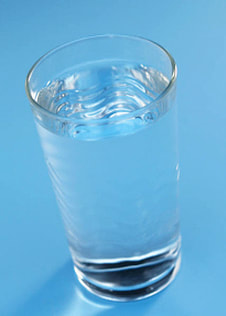Water Quality Standards

All sources of drinking water, including bottled water, are subject to potential contamination by constituents that occur naturally in our environment or are man-made. Those constituents can include microbes, organic or inorganic chemicals, or radioactive materials.
The sources of drinking water (both tap water and bottled water) include rivers, lakes streams, ponds, reservoirs, wells, and springs. As water travels over the surface of the land or through the ground, it dissolves naturally occurring minerals and, in some cases, radioactive materials, and can pick up substances resulting from the presence of animal or human activity.
Although all drinking water may reasonably be expected to contain at least small amounts of some of these substances, it is important to remember that the presence of these substances does not necessarily pose a health risk. More information on this subject can be obtained by calling the Environmental Protection Agency's Safe Drinking Water Hotline at 1-800-426-4791. You can also check out their website by clicking EPA.
Project 7 is required by the federal government and the Colorado Department of Health to test the water, at a minimum, annually. A water quality report is generated annually and distributed to consumers via their respective water provider. This report is referred to as the "Consumer Confidence Report" (CCR) and may be viewed by clicking HERE.
Click HERE for the latest Total Water Quality Composite.
The sources of drinking water (both tap water and bottled water) include rivers, lakes streams, ponds, reservoirs, wells, and springs. As water travels over the surface of the land or through the ground, it dissolves naturally occurring minerals and, in some cases, radioactive materials, and can pick up substances resulting from the presence of animal or human activity.
Although all drinking water may reasonably be expected to contain at least small amounts of some of these substances, it is important to remember that the presence of these substances does not necessarily pose a health risk. More information on this subject can be obtained by calling the Environmental Protection Agency's Safe Drinking Water Hotline at 1-800-426-4791. You can also check out their website by clicking EPA.
Project 7 is required by the federal government and the Colorado Department of Health to test the water, at a minimum, annually. A water quality report is generated annually and distributed to consumers via their respective water provider. This report is referred to as the "Consumer Confidence Report" (CCR) and may be viewed by clicking HERE.
Click HERE for the latest Total Water Quality Composite.
